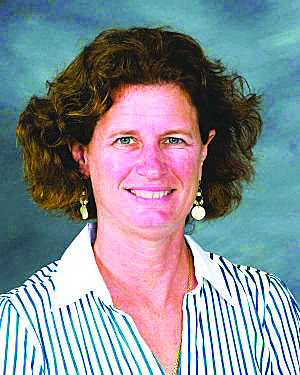As the last few weeks of the school year approached, the teacher began to look over her check list for student paper work. She needed to make sure that the IEP, AU supplement, FBA, BIP, PWN, STAAR testing, Personal Care, Transportation, Testing and Progress Reports were all in each child’s file.
Plus, the parents needed a final progress report from the teacher for the last six weeks of the school year. Like any parent, they wanted to know how their children had done throughout the year. Did their child master the goals and objectives for the school year or not?
Unlike general education children, children in special education programs receive both a report card along with a detailed IEP progress report. Sometimes these progress reports can be a dozen pages or more in length. To better understand what the progress report means, a parent needs to learn how to read their child’s individual education plan (IEP). The report should explain a child’s progress according to the individualized goals and objectives for each subject throughout the school.
Typically in late spring, transition ARDS (Admission, Review and Dismissal) are also occurring.
Two of the teacher’s students were going on to sixth grade. Just like the children in general education, the middle school program is very different for special education students. Her two students had to choose two electives which included band, choir, art or dance. Brett and Sarah varied in their choices. One selected art and choir, another chose dance and art.
Both children had a new course on their daily schedule called Applied Technology/Health. The routine classes of English, Reading, Math, Science and Social Studies still appeared on all their schedules. Sixth grade would be a time of many changes for any child moving on to middle school including entering into adolescence.
Preparing the documents and the parents for the change to middle school is as important as preparing the students for their new environment. The parents need to understand the IEP and what it says. Does the student have a goal and objectives for each subject in the special education class? Do the subjects state the expected skill level and percentage accuracy? Is the child requiring hand over hand assistance, verbal direction or can he do the skill independently. Does the child have an array of three choices or just two choices at a 70 percent accuracy? What is the length of time acquire a skill such as letter identification? Can the child participate in a higher level of academics such as resource reading, math or writing? Reading the IEP to understand just what skills your child is learning is important for every age level.
Some special needs children may qualify for EYS, extended year service. Unfortunately, it is very difficult to qualify for summer programs such as ESY from what it was years ago. A child must show at least eight weeks of regression from the beginning of the school year in skills or behavior. Summer can become a major challenge for parents. Ideally school would keep going throughout the year so children could gain more skills and new skills. That is not the case today.
Fortunately, there are some extended summer activities for special needs children, though they are limited. These may include the local college’s community extended service program for summer fun and in Brownsville. Check the local park activities for such things as swimming.
Pamela Gross Downing, a special education teacher can be reached at [email protected]




